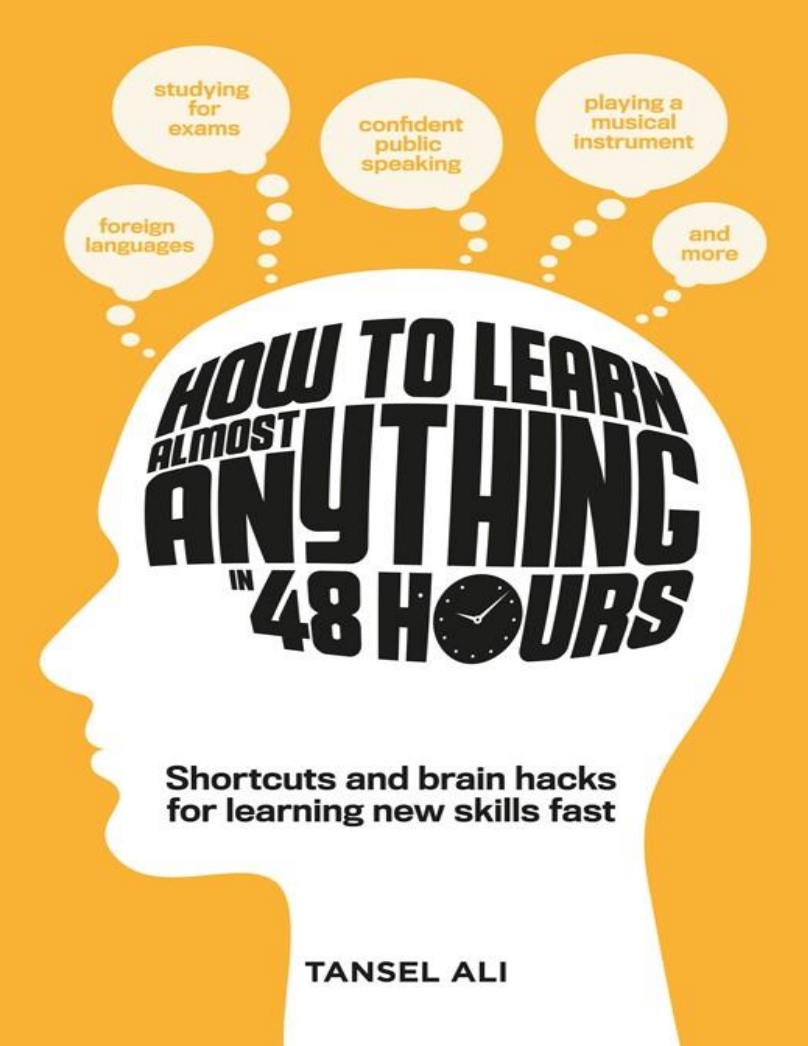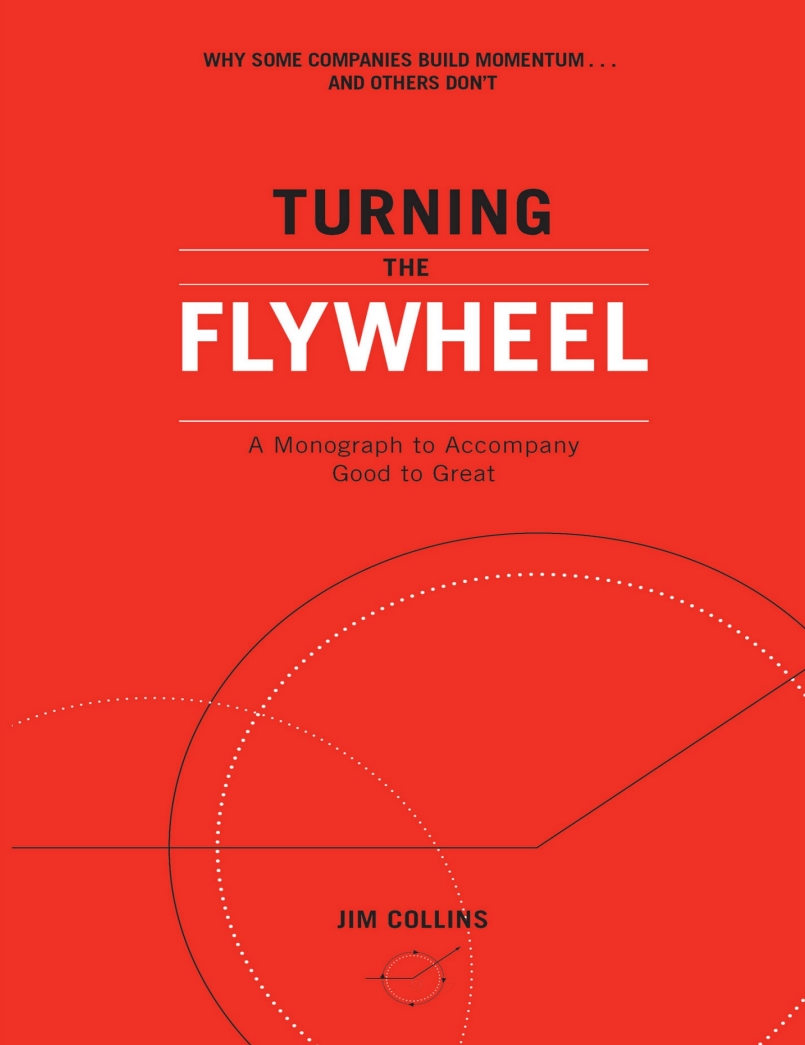Book Summaries
Summary of The Book.
How to Learn Almost Anything in Less than 48 Hours In this book Tansel Ali teaches readers how to quickly learn new skills or knowledge. He explains that anyone can learn fast if they use the right methods, and it’s not about being super smart, but about learning in the right way.
Here are some of the key ideas from the book: you can download the book here
Set Clear Goals: Before starting to learn, it’s important to know exactly what you want to achieve. Having a clear goal helps you stay focused and work towards something specific.
Focus on the Basics: Instead of trying to learn everything, Ali suggests focusing on the most important parts of the topic. Find the key concepts that will help you the most, and practice those.
Practice Intentionally: It’s not enough to just study passively. You need to actively practice what you’re learning, and do it in short, focused sessions. This way, you can learn much faster.
Avoid Distractions: To learn quickly, it’s important to minimize distractions. Find a quiet place where you can focus and spend time fully on your learning.
Use Available Resources: You don’t have to pay for expensive courses. There are plenty of free or low-cost resources, like online videos and tutorials, that can help you learn what you need quickly.
Use Memory Tricks: Ali talks about using techniques like visualizing what you’re learning or reviewing things regularly to help your brain remember information better.
Summary of the Book
In this Book Patrick Bet-David teaches us how to think ahead in life and business. It helps you plan your future by thinking about what moves you need to make next. Bet-David shares advice from his own experience as a successful entrepreneur, explaining how to make smart decisions and stay focused on long-term goals.
The book focuses on five main steps: You can download the book here
Know Yourself: Understand your strengths and weaknesses.
Plan Your Moves: Think ahead and plan the steps you need to take.
Master The Decision Making: Learn how to make good decisions quickly.
Understand Resources: Use the people and tools around you to your advantage.
Overcome Obstacles: Learn how to handle challenges that come your way.
The book encourages you to think like you’re playing chess, always planning your next move to succeed in business and in life.
Summary of The Book
In this Book Jim Collins explains how successful companies create momentum and keep it going over time. The book introduces the idea of a “flywheel,” which is a big, heavy wheel that takes a lot of effort to start moving, but once it’s moving, it keeps going on its own with less effort.
Collins shows how businesses can build a flywheel of success by focusing on what works well and making small improvements over time. He emphasizes that success doesn’t come from big, quick changes, but from consistent, steady effort.
The key idea is that businesses can create a cycle of positive actions that lead to bigger and bigger results. By focusing on the right things, companies can keep the flywheel turning, building more momentum as they go.
The book helps readers understand how great companies build lasting success through patience, focus, and small, smart actions that add up over time.
Summary of The Book
Money is Emotional: People often make financial decisions based on emotions, like fear or greed, rather than logic. Understanding our feelings around money is important to making better choices.
Wealth is Invisible: Many wealthy people don’t show off their money. True wealth is often built quietly over time, rather than through visible signs of success like fancy cars or big houses.
The Importance of Time: Building wealth takes time. Small, consistent actions (like saving and investing) over long periods are more effective than trying to make quick, big gains.
Luck and Risk: Sometimes success comes from being in the right place at the right time, and other times, it’s about taking risks. We must recognize the role of luck in our financial outcomes and not assume we always control everything.
Compounding: The power of compounding (earning interest on interest) is one of the most important factors in growing wealth. Small, steady growth over time can lead to big results.
Avoiding Mistakes: Often, the biggest factor in financial success is avoiding mistakes. It’s better to stay out of debt, avoid risky investments, and be patient rather than trying to chase quick rewards.
Personal Finance is Personal: Everyone has different goals and circumstances. What works for one person may not work for another, so it’s important to find a financial path that suits your life.




